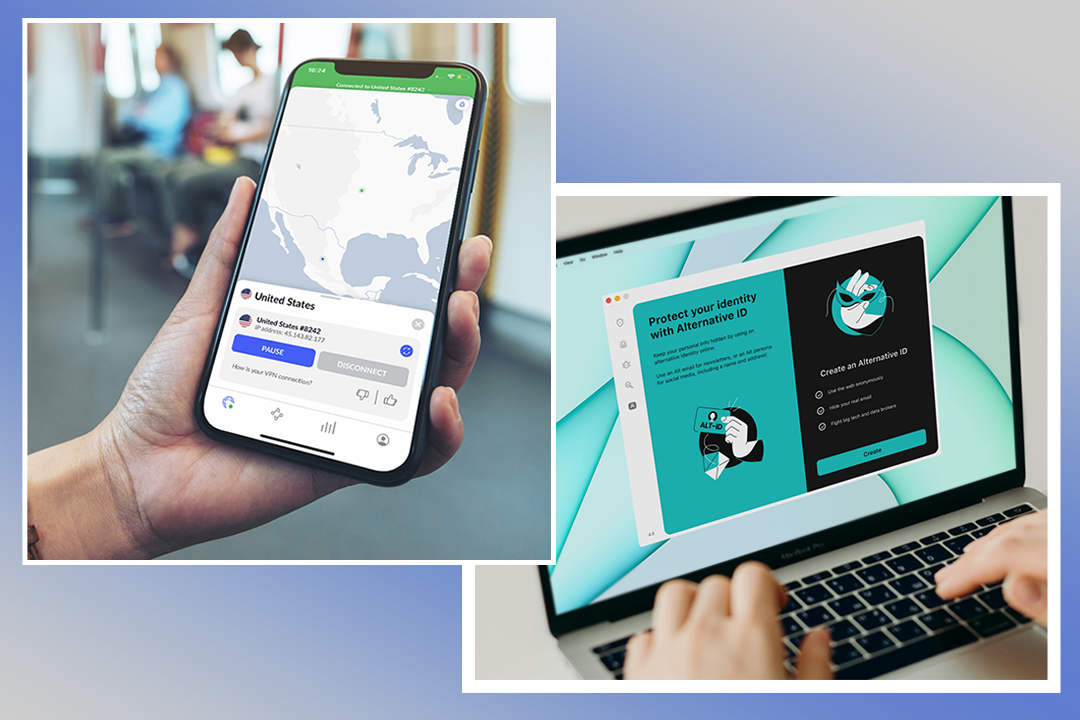The Independent's journalism is supported by our readers. When you purchase through links on our site, we may earn commission. Why trust us?
Tile pro 2022 key finder review: A Bluetooth tracker for iPhone and Android phone users alike
It works brilliantly when your phone is in range, but you’ll also need luck on your side

Californian tech company Tile was making device trackers a decade before Apple revealed the AirTag. Like Apple’s finder, the Tile is a small device that connects to a keyring, bag or something else you don’t want to lose. Then, by connecting to your phone via Bluetooth, the tracker will ring out loud, making it easy to locate.
Tile has expanded its product range over the years, with numerous generations featuring improvements to battery life, water resistance, range and volume. The 2022 model is the previous generation of Tile pro, but you can still find it in stock at retailers like Amazon. It has a larger footprint than its simpler siblings, but it boasts a tough metal chassis, a year of battery life from its replaceable, coin-style battery, and a range of 120m. It’s also louder than the smaller Tile options.
If a misplaced Tile is within Bluetooth range, the app can be used to play a loud alarm from the Tile itself, helping you find it. If it’s out of Bluetooth range, you can call upon help from the wider Tile Network, where you’re alerted via the app and shown the approximate location of the lost Tile when a fellow Tile user’s phone comes within Bluetooth range of it.
Tile once had this market to itself, but now faces stiff competition from Apple and the AirTag, as well as the Samsung Galaxy SmartTag and fellow possession-tracker company Chipolo. Does the 2022 Tile pro still perform in 2025? Read on to find out.
How we tested
After connecting the Tile pro to my iPhone, I hooked it onto my keys and got on with my life for the next few days. That’s the thing with trackers like this; once they are set up, you can mostly forget about them, safe in the knowledge that they’ll spring into action when you need them. I’ve owned various models of Tile since 2016 and always find the battery lasts for slightly longer than the manufacturer’s claim.
Why you can trust us
Alistair Charlton is a technology and motoring journalist with years of experience testing and rating the latest smart home tech for The Independent. His reviews of the best key trackers are based on hands-on experience in real-world situations, so you can be sure his verdicts are authentic and honest.
The verdict: Tile pro
The Tile pro is a well-rounded product that does one job very well. It is smartly designed, will hook onto your keys and slip into a pocket with minimal fuss, then offers a lifeline if those keys are misplaced. All Tile devices are very easy to set up, and it really is a set-it-and-forget-it product; one that quietly gets on with its job in the background, ready to spring into action should you ever need it.
I would argue that paying for Tile Premium probably isn’t worth it, at least with the current feature set. But if the smart alerts system fits better into your life and daily routine, then you might think differently. The newer Tile Pro offers a more comprehensive subscription service that includes things like roadside protection and crash detection – though again, I’d argue that these aren’t essential features for a key finder.
Tile trackers used to have the market to themselves, but now have Apple and the AirTag for competition. Carrying an almost identical price to the Tile pro, the AirTag works in broadly the same way but benefits from UWB (ultra-wideband) technology for more precise location tracking, and an army of a billion iPhones helping to find lost AirTags, compared to “mere” tens of millions of Tile users.
The Tile pro still works perfectly when in Bluetooth range, and its speaker is especially loud. But, when lost in the real world, its ability to be found depends as much on population density, and therefore the number of nearby Tile users, as luck. That said, a major difference is how Tile trackers work with Android smartphones as well as iPhones, whereas the AirTag is iPhone-only.
Sticking with Apple’s key finder? Check out the best AirTag accessories




Bookmark popover
Removed from bookmarks